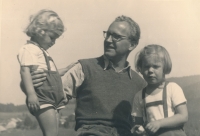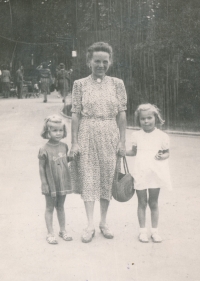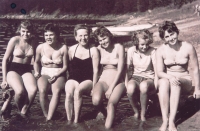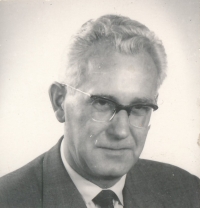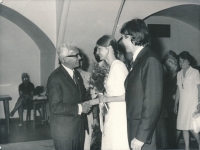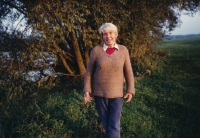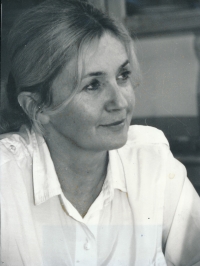The ’70s, that was a terrible turning point
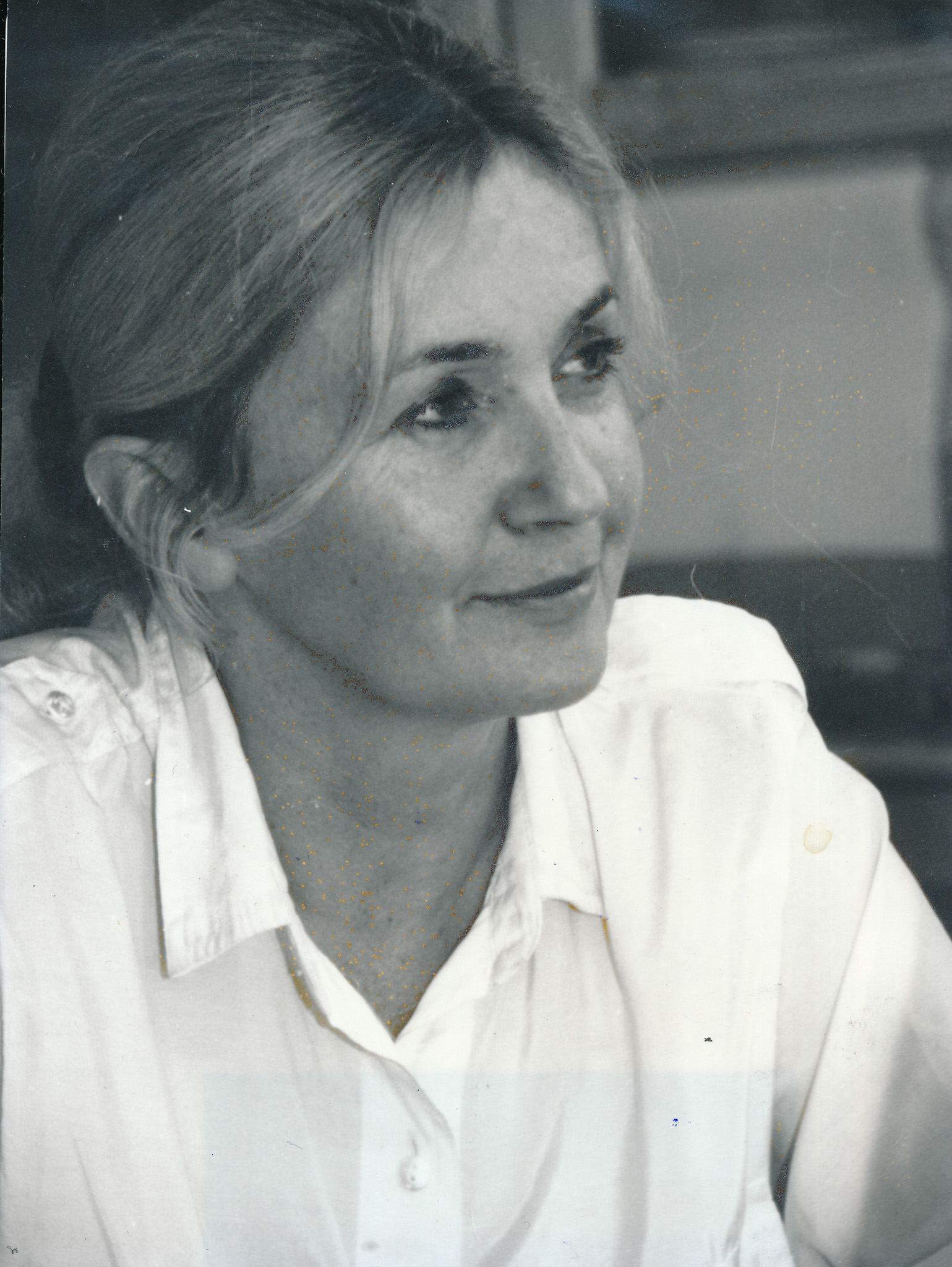
Download image
Alena Gebertová was born in Prague on 9 July 1946 to her mother Zdená and father Vladimír Lindner. Her father was a well-known lawyer who represented the defendants in the Střítecký and Co. and Modrý and Co. trials, where national team hockey players were convicted. He was arrested in 1951, accused of endangering state secrets, which he was supposed to have committed by passing on information about the “secret” trials. He was acquitted of the charges and released five months later. Her father’s imprisonment had no effect on her education; after graduating from the Nad Štolou Gymnasium, she was admitted to the University of 17 November, where in 1968 she received a diploma in interpreting and translating from French and Russian. She experienced the relaxed atmosphere of the Prague Spring, which was brought to an end by the invasion of Czechoslovakia by Warsaw Pact troops in August 1968. Alena Gebertová was living in Switzerland at the time, but she did not consider emigrating. She worked at the Czechoslovak Radio, in the Foreign Broadcasting Department, as a translator from French and a journalist. At the beginning of the 1970s she married the architect Jiří Gebert and they had two sons. Her husband emigrated to Germany in 1986. Although Alena Gebert received an exit permit, she did not want to leave her country and did not join her husband this time either. She retired from Czech Radio in 2011 as head of the French section of Radio Prague. In 2023 she was still working occasionally for the radio, pursuing her hobbies - bridge and choral singing, and living in Prague.
